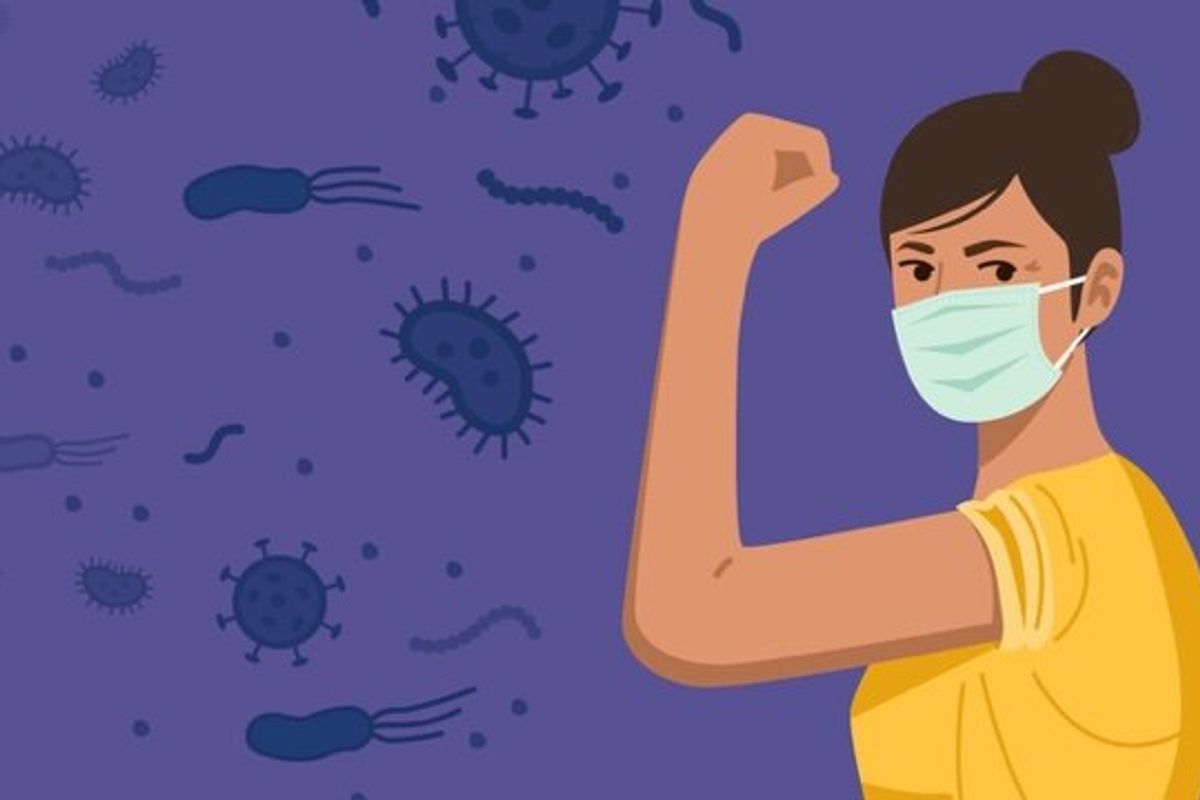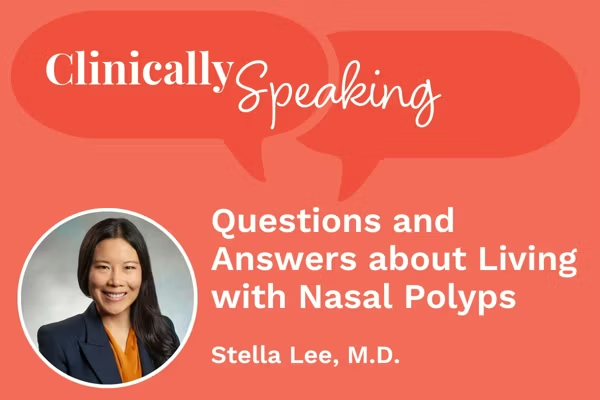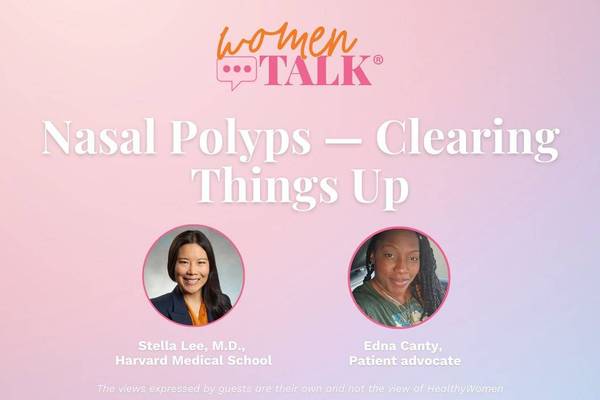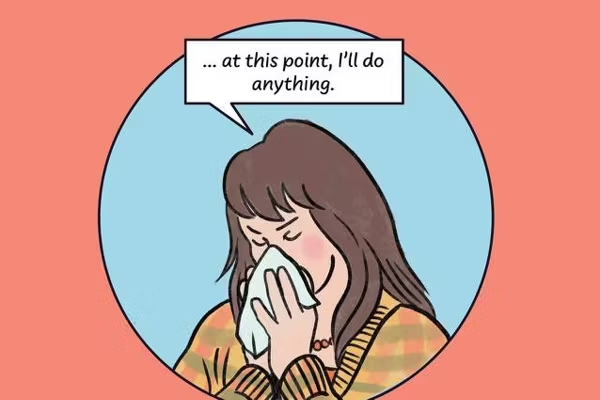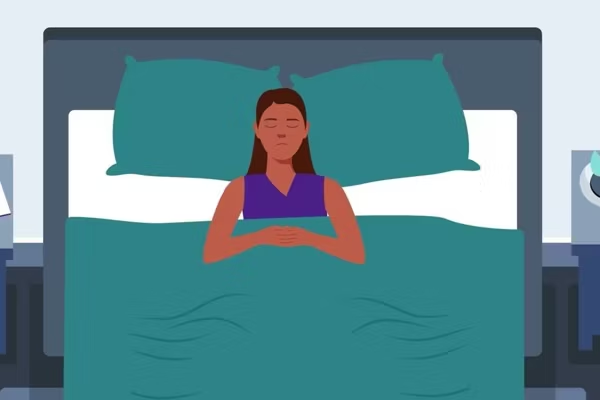What is type 2 inflammation?
Not to be confused with type 2 diabetes, type 2 inflammation involves the immune system.
We all have a type 2 immune response, which is when your immune system sends out type 2 immune cells to fight certain infections or allergens.
Type 2 immune cells fight “intruders” by causing inflammation.
- Inflammation helps remove infections and allergens from the body and kick-starts the healing process.
- For some people, the type 2 immune response happens when there aren’t any “intruders" to fight — and inflammation damages otherwise healthy parts of the body.
- This overactive immune response is type 2 inflammation.
Type 2 inflammation can play a role in certain chronic conditions and health issues
- Asthma
- Chronic obstructive pulmonary disease (COPD)
- Atopic dermatitis (eczema)
- Eosinophilic esophagitis (EoE)
- Food allergies
- Hives
- Sleep apnea
In the nose, type 2 inflammation may lead to:
- Chronic rhinosinusitis (CRS)
- A sinus infection that lasts 12 weeks or more
- Nasal polyps
- Non-cancerous growths that line the inside of the nose and sinuses
- Chronic rhinosinusitis with nasal polyps (CRSwNP)
- A combination of the two conditions
About 25–30% of people with CRS also have nasal polyps.
Symptoms of nasal polyps
Nasal polyps are often painless and may not cause any symptoms, especially if they’re small.
Large nasal polyps may block the nose, making breathing difficult.
People with CRSwNP may experience:
- Stuffy or runny nose
- Post nasal drip (mucus running down into the throat)
- Loss of smell or taste
- Facial pain
- Headache
- Toothache
- Snoring
Treating type 2 inflammation and nasal polyps
- A healthcare provider can screen for type 2 inflammation with blood tests and breathing tests.
- If you are diagnosed with a type 2 inflammatory condition, your provider may prescribe medication such as antihistamines, steroids and biologics to treat your symptoms — including nasal polyps.
- Nasal polyps may also be treated with surgery, but there is a high chance of recurrence
For more information
Wondering if you might be dealing with a type 2 inflammatory condition and/or nasal polyps? Talk to your healthcare provider.
Resources
Allergy and Asthma Network
Asthma and Allergy Foundation of America
This educational resource was created with support fro m Sanofi and Regeneron.
- Type 2 Inflammation May Be Contributing to Your Atopic Dermatitis ›
- Questions and Answers About Nasal Polyps - HealthyWomen ›
- Preguntas y respuestas relacionadas con los pólipos nasales - HealthyWomen ›
- Navigating Health Insurance for Nasal Polyps - HealthyWomen ›
- Usar el seguro médico para los pólipos nasales - HealthyWomen ›
- Nasal Polyps and Type 2 Inflammation - HealthyWomen ›
- Los pólipos nasales y la inflamación tipo 2 - HealthyWomen ›
- Type 2 Inflammation and Nasal Polyps - HealthyWomen ›
- WomenTalk: Nasal Polyps - HealthyWomen ›

